From June 20 to June 23, Emilie Carlot, newly appointed regional coordinator of the ECOMORE 2 project and based at the Institut Pasteur of Cambodia, along with Dr. Veasna Duong (Head of Virology at Institut Pasteur of Cambodia) and Dr. Claude Flamand (Head of Epidemiology at IPC) paid a visit to their Vietnamese colleagues of the National Institute of Hygiene and Epidemiology (NIHE), in Hanoi. This first international mission since the jolt of the pandemic, hopefully will reinstate onsite coordination and revitalize dynamism being partners.
This 4-day mission was the opportunity for the coordinator and Dr. Le Thi Phuong Mai (Head of Public Health Department of NIHE) as well as the NIHE team to finally meet in person and follow-up on financial aspects, but notably to discuss about the research studies perspectives in the framework of a potential ECOMORE 3.
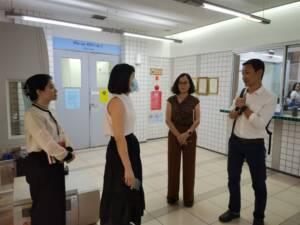 In this regard, Dr. Nguyen Thi Lan Phuong, from the Planning and International Cooperation Department of NIHE, gave an extensive presentation of the institute, unveiling its milestones, missions, and various centers and departments. With a total of 14 technical departments, 34 units and 22 laboratories with advanced equipment, NIHE has the function to organize and implement preventive medicine and public health activities and programs nationwide. This presentation was followed by a visit of the Virology unit, led by Prof. Nguyen Le Khanh Hang (photo).
In this regard, Dr. Nguyen Thi Lan Phuong, from the Planning and International Cooperation Department of NIHE, gave an extensive presentation of the institute, unveiling its milestones, missions, and various centers and departments. With a total of 14 technical departments, 34 units and 22 laboratories with advanced equipment, NIHE has the function to organize and implement preventive medicine and public health activities and programs nationwide. This presentation was followed by a visit of the Virology unit, led by Prof. Nguyen Le Khanh Hang (photo).
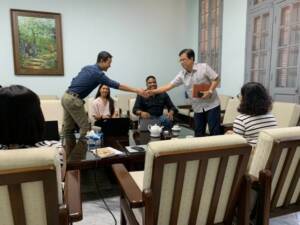 On Tuesday 21 June, in presence of NIHE Director Prof. Dang Duc Anh, Dr. Le Thi Phuong Mai, Dr. Nguyen Le Khanh Hang, and Dr. Phan Quang Ming (Head of Epidemiology), and their respective teams, Dr. Veasna Duong and Dr. Claude Flamand, exposed the main ideas of the seroprevalence and zoonoses prevalence studies that they hope to deploy in Cambodia, in the potentially of an ECOMORE 3 project. From this arose a Q&A session during which NIHE elaborated about their surveillance capacities and their network of collaborations. They were also keen in knowing more about the modeling approaches of the serological data, and the different tools planned to be used. At present, the pathogen list is still open to discussion but will mostly focus on endemic diseases, and could differ between countries given the national priorities. This mutually informative exchange was strongly appreciated by all of the present scientists.
On Tuesday 21 June, in presence of NIHE Director Prof. Dang Duc Anh, Dr. Le Thi Phuong Mai, Dr. Nguyen Le Khanh Hang, and Dr. Phan Quang Ming (Head of Epidemiology), and their respective teams, Dr. Veasna Duong and Dr. Claude Flamand, exposed the main ideas of the seroprevalence and zoonoses prevalence studies that they hope to deploy in Cambodia, in the potentially of an ECOMORE 3 project. From this arose a Q&A session during which NIHE elaborated about their surveillance capacities and their network of collaborations. They were also keen in knowing more about the modeling approaches of the serological data, and the different tools planned to be used. At present, the pathogen list is still open to discussion but will mostly focus on endemic diseases, and could differ between countries given the national priorities. This mutually informative exchange was strongly appreciated by all of the present scientists.
Later on, the IPC delegation was invited to discuss with Mr. Pham Thanh Long and Ms. Nguyen Thi Diep from the Epidemiology Division of the Department of Animal Health (DAH), attached to the Ministry of Agriculture and Rural Development (MARD). In recent years, both the MoH and the MARD issued regulations to support surveillance and reporting of prioritized zoonoses, to strengthen coordination, information sharing and collaboration between human health and animal health sectors. In this regard, DAH is in charge of the zoonotic diseases control in Vietnam, to mitigate the risk of emergence and re-emergence. While trying to identify zoonotic diseases hotspots, they put strong emphasis on the human-animal interfaces, notably with domestic animals, and captive wildlife farms.
Similarly, the Wildlife Conservation Society (WCS) was also accosted for solicitation. WCS, represented by Nguyen Thi Thanh Nga (Wildlife Health Specialist cum Policy Influencing Team Leader), has been working hand in hand with the DAH for the past decades. As their name suggests, they focus on wildlife animals such as bats, rodents, and non-human primate, amongst others.
After presentation of IPC ECOMORE 3 perspectives, both DAH and WCS agreed that this prospective project is very ambitious and are open to further explore how to collaborate, and shape common approaches.
During its mission, the IPC delegation also took to time to meet with Mr. Herve Conan, Director of AFD Vietnam, and Mr. Borin Pin, Country Officer for Vietnam and SEA Regional Project, to summarize in the big lines the aims of the ECOMORE program. Mrs. Sophie Maysonnave, Cooperation and Cultural Counselor at the French Embassy of Vietnam and Director of the Institut Francais du Vietnam also greeted the scientists and gave feedback on how to optimize advocacy for such project towards the Vietnamese political landscape.
In conclusion, this mission announces the beginning of enduring exchanges between partners in the hope to shape a regional program addressing national priorities, following a shared methodology.
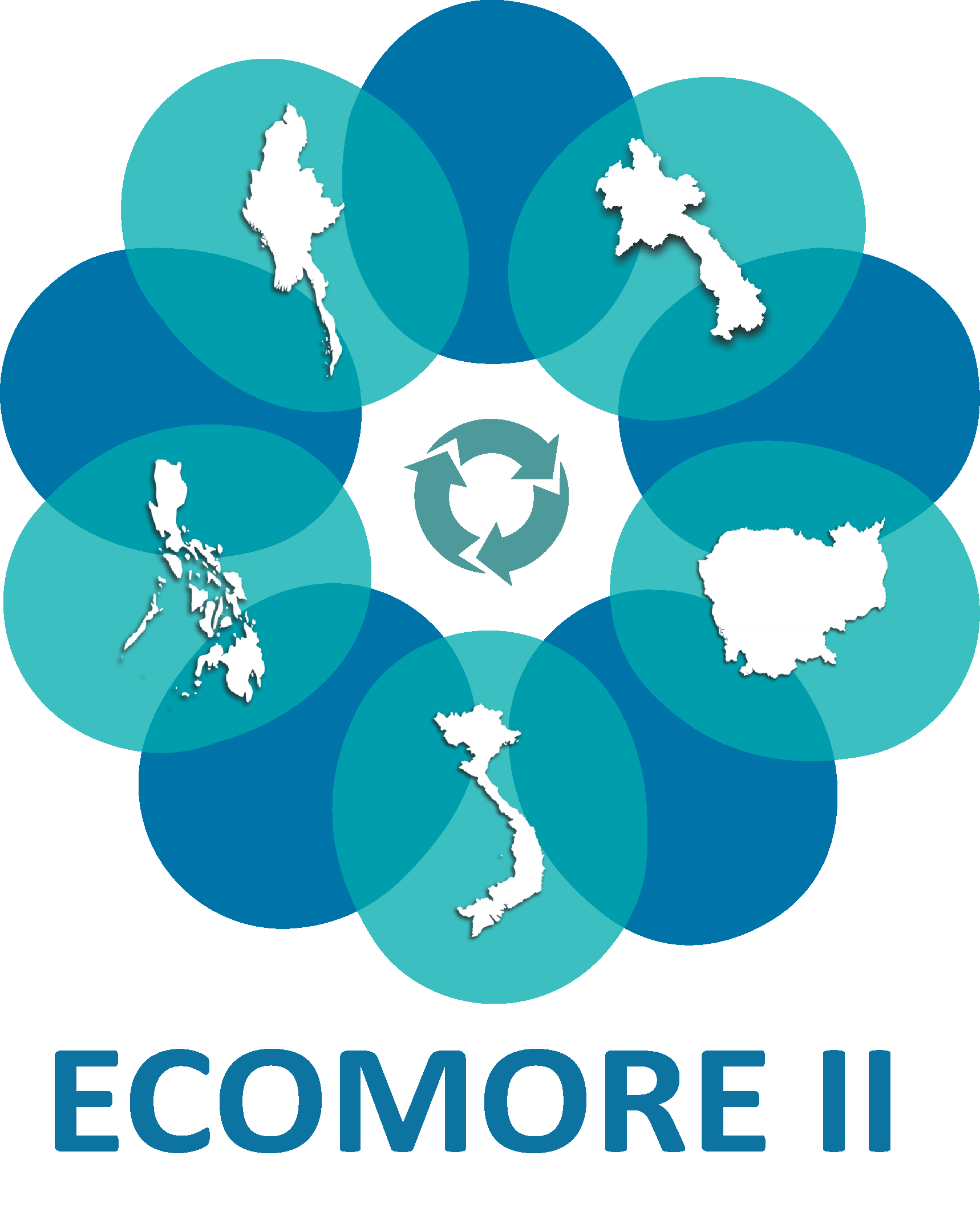
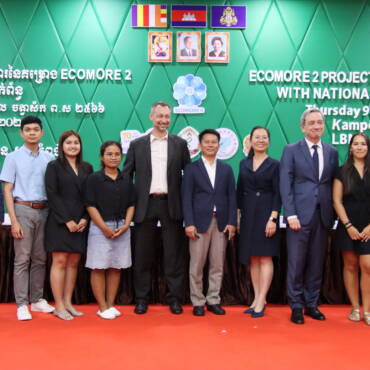
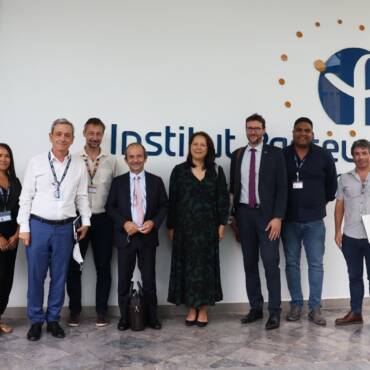
Add Comment